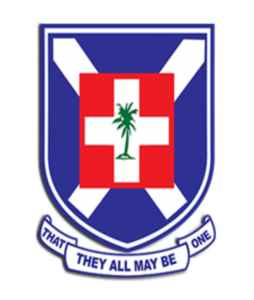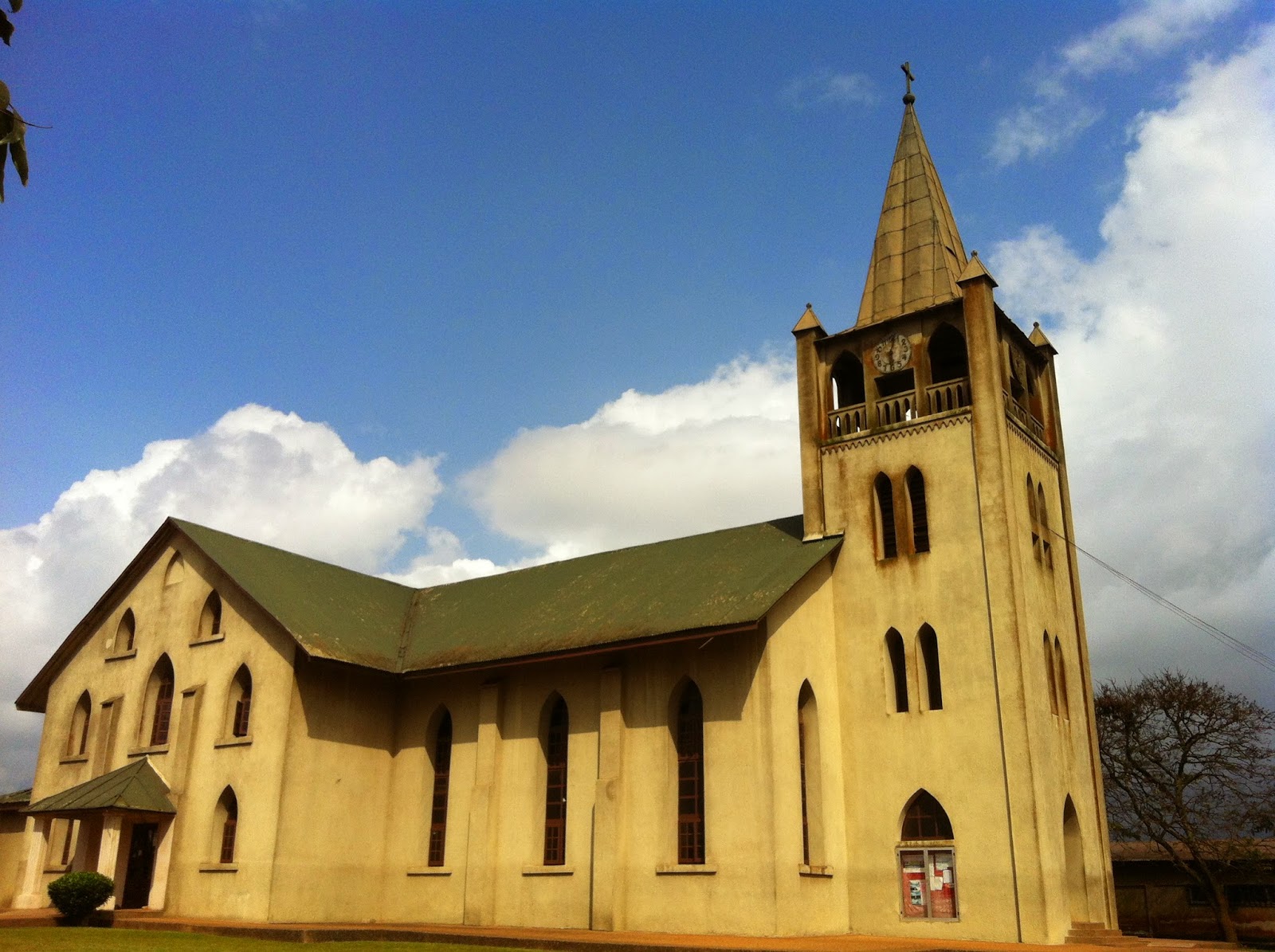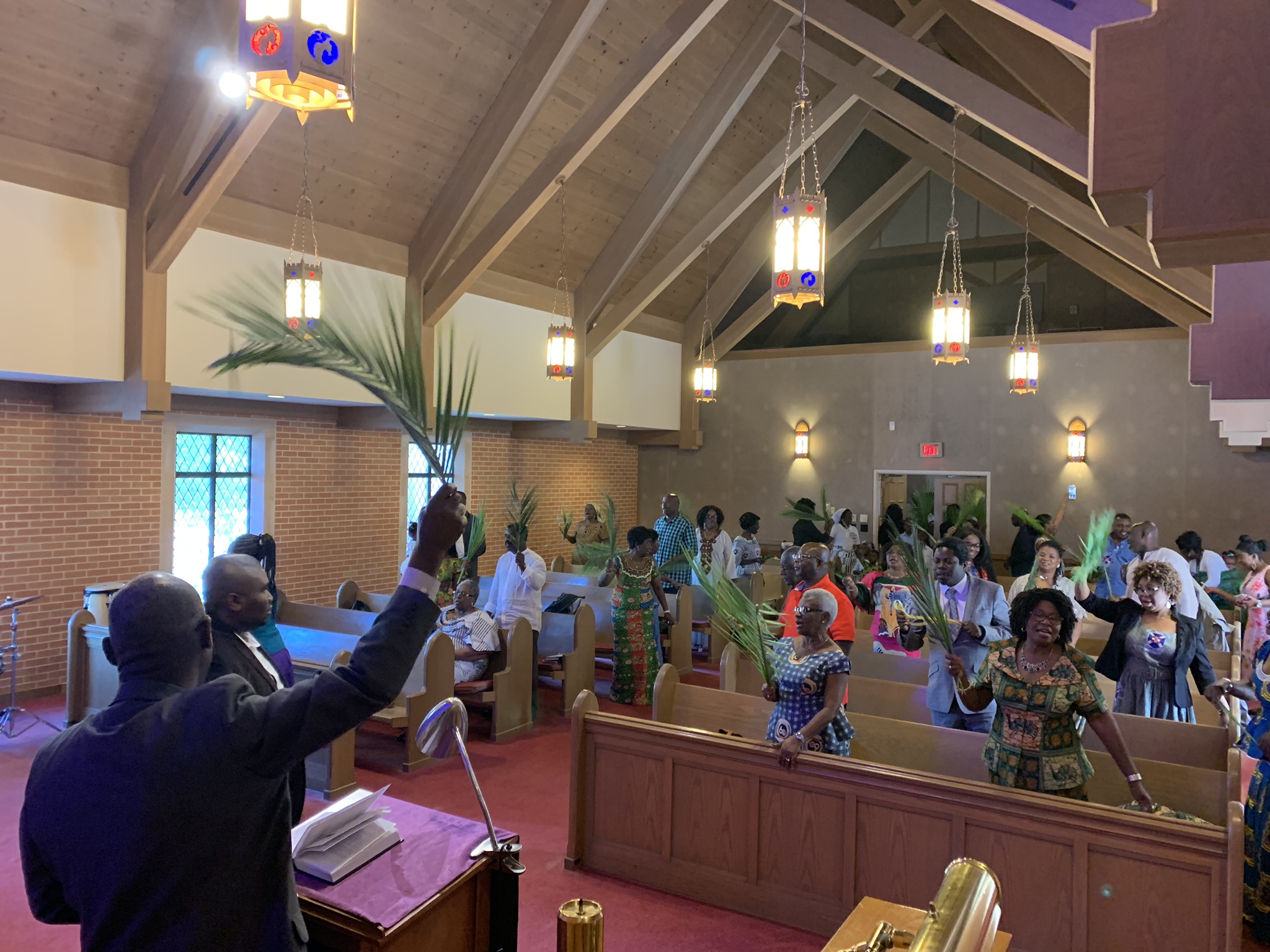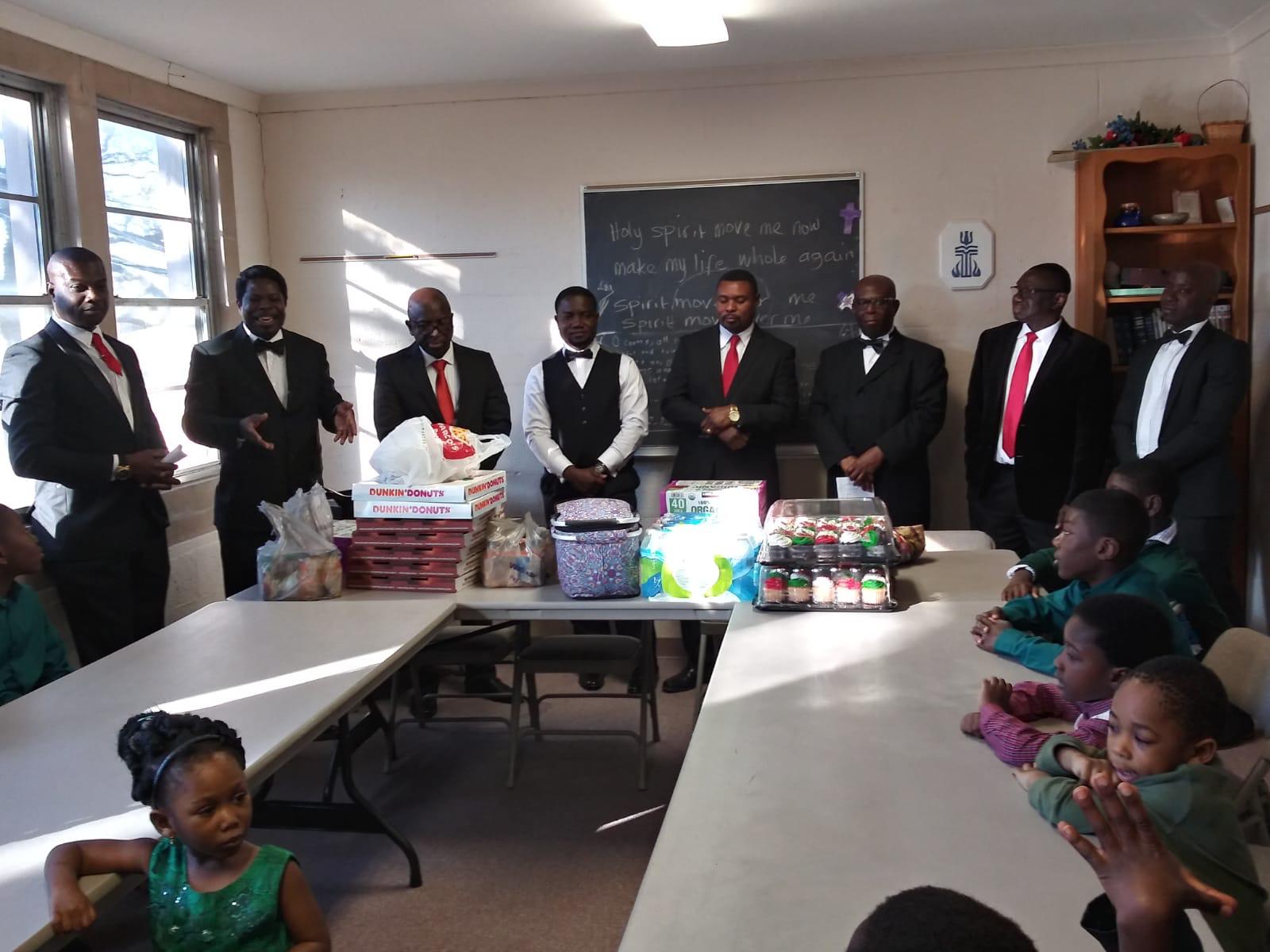History of the Presbyterian Church of Ghana
On December 18, 1828, four young missionaries from the Basel Evangelical Missionary Society arrives at Christiansborg Castle Osu on the beckon of the Governor who had observed the decline of morals among Europeans at the fort. Unfortunately the first four missionaries died within a period of three years of arrival. The Basel Mission sent another team of three missionaries. Andreas Riis, the only surviving member of that group later moved to Akropong to be away from the problems of the coast; malaria fever, negative examples of the Europeans along the coast, and to preach the gospel to a people not yet greatly affected by the contact with the Europeans.
After twelve years of missionary enterprise, eight missionaries had died and there was no single convert.
The Basel Mission therefore decided to abandon the mission to the Gold Coast. At the time of Riis’ departure, the chief of Akropong implored on him to show him some Africans who can read the whiteman’s book, then they would believe the message of the Gospel. The Basel Mission agreed to find African Christians from the Caribbean. The Moravian Church in the West Indies was willing to provide missionaries and a new team made up of Andreas and Anna Riis went to Jamaica to find suitable Christians for the Mission. The team arrived at Christiansborg on the 16th April 1843 on board the Irish ship, the Joseph Anderson, with 25 West Indians. This culminated in the establishment of the first mission in Akropong.
Following the departure of the Basel Missionaries from Ghana in 1918, it became necessary for more indigenous leaders to be drafted into the church’s national leadership. A Synod was held on 14th August 1918 at the Akropong Church where two second generation West Indians, Rev. Peter Hall and Rev. Nicholas Timothy Clerk, were elected Moderator and Clerk of the Synod respectively. This was the beginning of the move towards an independent church. For the first time, the young African church had her own indigenous leaders. Decisions concerning the Church were therefore made locally. Hitherto, under the Basel Mission, decisions were made in Basel. In 1926, the Synod meeting at Abetifi decided to adopt the name ‘The Presbyterian Church of the Gold Coast’ which was to become ‘The Presbyterian Church of Ghana’ when the nation attained independence. The Church belongs to the reformed tradition and it therefore upholds the Reformed polity.
At the Abetifi Synod of 2000, the church adopted the General Assembly System. At the 18th General Assembly held in August, 2018 Rev. J. O. Y . Mante was elected moderator of the General Assembly for the next five years.




Vision & Mission
Vision
“To be a Christ-Centered, Self-Sustaining and Growing Church.”
Mission
“To uphold the Centrality of the Word of God and through the enablement of the Holy Spirit, pursue a holistic ministry, so as to bring all of creation to glorify God” through:
• Mobilizing the entire church for prayer
• Improving church growth through evangelism and nurture
• Attaining self-sufficiency through effective resource mobilization
• Promoting socio-economic development through advocacy and effective delivery of social service
• Upholding the Reformed Tradition
• Cherishing partnership with worldwide body of Christ
Ethos and Spirituality
The Sovereignty of God
The Sovereignty of God implies that we see God in every sphere of life. Only God is infallible. He is the final authority in all matters. Because of the sovereignty of God, power is not concentrated in the hands of one person but rather in councils or committees.
Authority of the Scriptures
All reformers declare the word of God under the guidance of the Holy Spirit as the supreme rule of faith. This was one of the major pillars of the church. The reformers shouted sola scriptura which means ‘only scripture.’ This reformed emphasis is seen in the Open Bible which is carried on Special Sundays ahead of the choir in a service and always opened during every service of the congregation.
The Priesthood of All Believers
The great reformer, John Calvin, placed the emphasis on vocation or calling. For Calvin, a person is a priest because he finds his calling in God. Man only attains the fullness of his humanity and his true place in the Universe when he is the servant of God. All are priests in their daily vocation. The only real farmer is the true Christian farmer. The only real doctor is a true Christian doctor. Apart from Christ we are not what we ought to be. It also means that we do not need to come to God through others. The way to God is open to all. The reference in 1 Peter 2:9 shows that this calling to priesthood is divine. Both lay and ordained have roles to play in the service.
Contact Us:
Presbyterian Church of Ghana
Ressurection Congregation
310 SW 3rd St, Grand-Praire TX 75051
614.674.7481
pcg.resurrectiondfw@gmail.com
The Minister, Presbyters, and entire Membership of the Presbyterian Church of Ghana, Resurrection congregation wish to thank ALL GUESTS for visiting with us today. May God bless you and reward you in all you do.